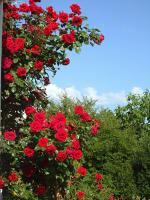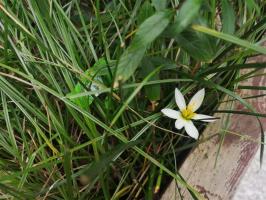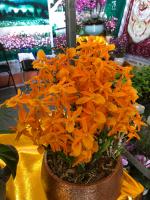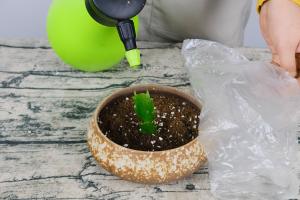Can Bonsai Trees Be Planted Outside?
Bonsai trees are miniature versions of trees that can be grown in containers. They are popular among people who live in cities or small homes with limited space for gardening. Bonsai trees are traditionally grown indoors, but some people wonder if they can be planted outside. In this article, we'll explore the advantages and disadvantages of planting bonsai trees outside and discuss some tips for successfully growing them in outdoor conditions.
Advantages of Planting Bonsai Trees Outside
Planting bonsai trees outside has several advantages. First, bonsai trees that are planted outside have access to the natural elements, such as sunlight, rain, and wind, which are essential for their growth and development. Also, outdoor bonsai trees tend to have more room to grow, compared to bonsai trees planted in small containers. As a result, they can develop stronger roots and thicker trunks, making them more stable and attractive. Additionally, planting bonsai trees outside can provide a sense of tranquility and beauty to your garden or backyard.
Disadvantages of Planting Bonsai Trees Outside
There are also some disadvantages to planting bonsai trees outside. For instance, outdoor bonsai trees are more vulnerable to pests and diseases, which can easily spread from other plants in the garden. Also, extreme weather conditions, such as freezing temperatures, can damage or kill bonsai trees that are not well-protected. Another potential issue is that outdoor bonsai trees might not receive the same level of care and attention as indoor bonsai trees, especially if they are located far away from your home or office.
Tips for Growing Bonsai Trees Outside
If you decide to plant bonsai trees outside, here are some tips to help you get started:
Choose a suitable location: Look for a spot that receives partial shade and protection from strong winds. Also, avoid placing the bonsai tree near busy traffic areas, which can expose it to pollutants or harmful chemicals.
Select the right soil: Bonsai trees require a well-draining soil, which allows air and moisture to circulate around their roots. You can use a combination of organic and inorganic materials to create a suitable bonsai soil mix.
Water and fertilize regularly: Bonsai trees planted outside need to be watered regularly, especially during hot and dry weather. You can use a watering can or a hose to soak the soil thoroughly. Also, fertilize the tree with a balanced formula that contains essential nutrients, such as nitrogen, phosphorus, and potassium.
Prune and wire carefully: Bonsai trees require regular pruning and wiring to maintain their shape and size. Use sharp and clean tools to trim the branches and remove the unwanted foliage. Also, use copper wire to train the branches and create the desired shape, but be careful not to wrap it too tightly around the trunk or branches.
Protect from pests and diseases: Monitor your bonsai tree regularly for any signs of pest infestation or disease. If you notice any issues, take immediate action to treat them before they spread to other plants. You can use organic or chemical pesticides and fungicides, but follow the instructions carefully and avoid overusing them.
Overall, planting bonsai trees outside can be a rewarding and fulfilling experience, as long as you take the necessary precautions and provide the right care and attention. With these tips, you can create a beautiful and thriving outdoor bonsai garden that will impress and inspire your visitors.

 how many times do yo...
how many times do yo... how many planted tre...
how many planted tre... how many pine trees ...
how many pine trees ... how many pecan trees...
how many pecan trees... how many plants comp...
how many plants comp... how many plants can ...
how many plants can ... how many plants and ...
how many plants and ... how many pepper plan...
how many pepper plan...































